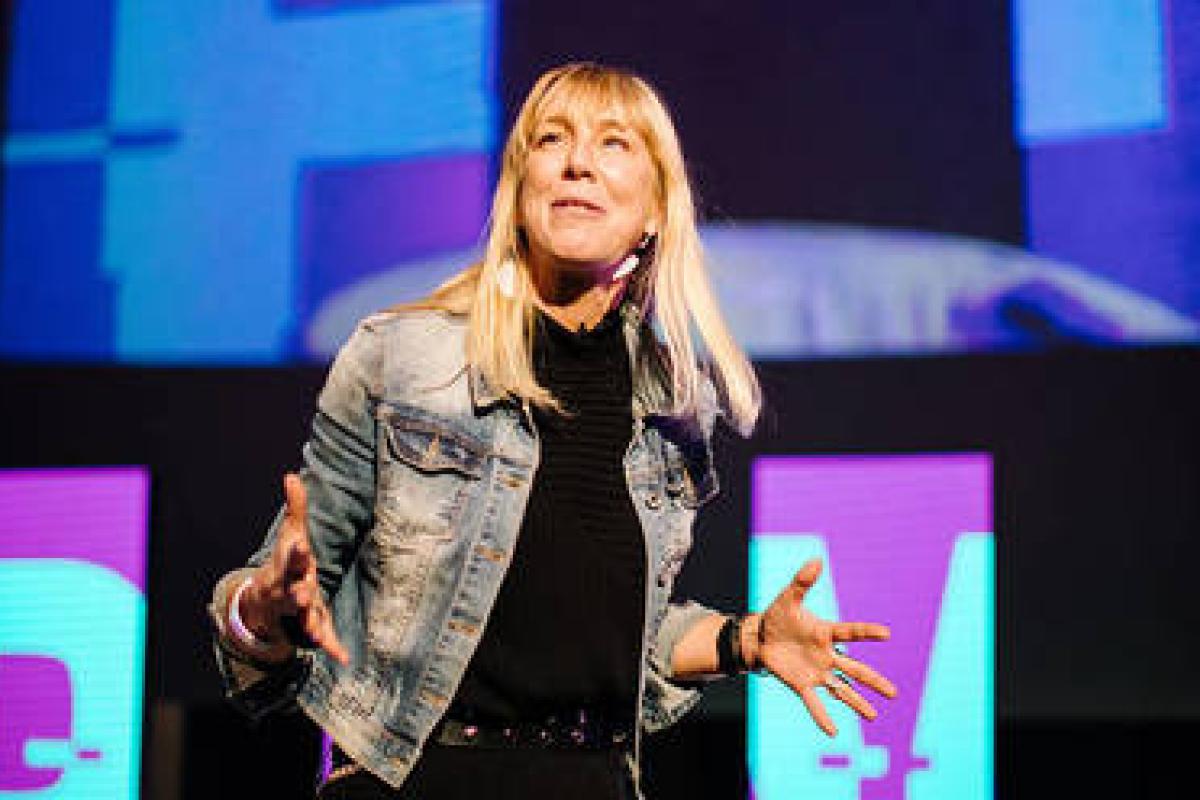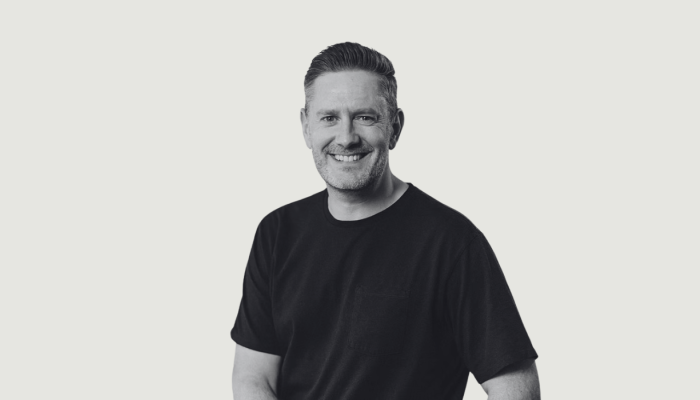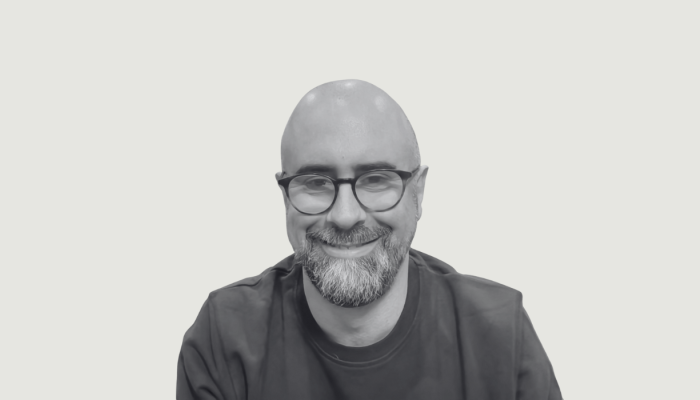Gemma Greaves, the Society’s chief executive, opened yesterday’s Braver 2018 Conference with the declaration that — following last year’s inaugural bravery-themed conference — “this year, we decided to go braver”.
It was a notion that clearly resonated throughout the day in the words of an array of leaders, activists, authors, academics and even a Ballardian satirist who painted a dystopian picture of a future in which marketing has literally permeated the bodies of consumers.
Everyday bravery
When one hears the word ‘brave’, it’s common for the mind to conjure images of physical bravery — warriors striding into battle or firefighters entering a burning building. But Braver 2018’s speakers spoke of a more subtle, nuanced form of bravery, one accessible to all. None more so than Dr Caroline Casey, whose opening address saw her talk about the bravery of the “everyday”. “Being brave is being authentically yourself,” she said.
Casey, a sight-impaired social entrepreneur (who managed to get the backing of Unilever CEO Paul Polman, no less) and founder of the “inclusion revolution” gave a talk that was both energetic and fearless and yet infused with a nervous discomfort. The result was a moving and inspirational session. “One of the big things about being brave is your intuition,” she said. “Fearlessly believe in your intuition.”
Meanwhile, author and thought-leader Thomas Barta discussed how we are experiencing “the biggest shift in business since the industrial revolution — from a selling economy to a relationship economy.” He urged conference attendees to test their own bravery with the Marketing Society’s Bravometer at whatsyourbrave.org. A quick survey of the audience found that 43% were physically brave, 75% morally brave and 82% psychologically brave.
Delegates gained a psychological insight into the “unique” mindset of the Finnish in a speech from Cecilia Weckstrom, Lego’s head of diversity, inclusion and people innovation. She discussed how the concept of “play” can not just help children’s cognitive, emotional and physical development but help grownups mine new veins of confidence. “Why don’t we adults do the same thing?” she said. “Why be so serious… I’m playing at doing a conference talk right now. It’s way less scary than [actually] doing a conference talk.”
Busting conventions
Tor Garnett, Met Police detective superintendent and founder of Police Now, discussed her own career and activism, the tenets of which — breaking down hierarchy, avoiding pointing the finger of blame and sometimes relinquishing control — are at odds with the principles that underpin the police force.
Contradictions also featured in a presentation by Divine Chocolate CEO Sophi Tranchell MBE, who gave up a high-powered role in film to work at the socially-responsible small player in a market dominated by giants. “On the one hand we want to appeal to chocolate lovers’ desire to indulge, but on the other we want people to make an altruistic choice — to engage conflicting areas of the brain,” she said.
Adopting a strategy that is at odds with received wisdom was a topic that Football Association CEO Martin Glenn discussed, how it enabled the organisation to change the messaging around football and the 2018 World Cup England team from a “jingoistic [form of] patriotism to one of hard work”.
Embracing failure
Towards the end of the day, three marketing leaders — Diageo’s Syl Saller, TSB’s Peter Markey and Tesco’s Michelle McEttrick — each revealed to the audience some of their career secrets. The session was a conversation on Human Leadership led by Society chief executive Gemma Greaves. Saller urged the audience to “actively let go of your fears” and “trust your intuitions”, McEttrick discussed the challenges of entering an acronym-obsessed corporate environment and the importance of focusing on what “only I can do”, and Markey tapped into painful recollections of a “train wreck of failure” that has become part of his “leadership journey”.
The notion of brave leadership was perhaps best summed up towards the end of the day by the words of Hiscox USA chief executive Steve Langan. Pondering what courage is, Langan said: “[It’s] the ability of an organisation to face failure. I think senior leadership has a massive role to go out there and be vulnerable.”
This piece was written by Ben Bold.



